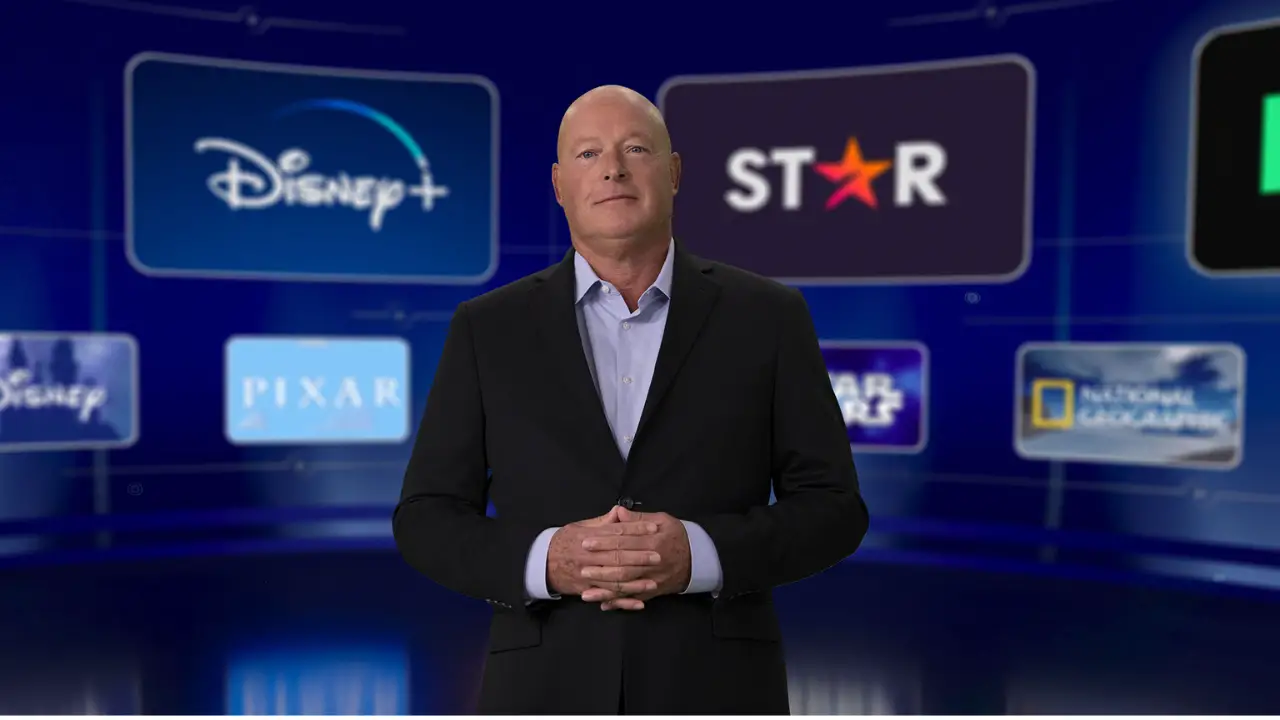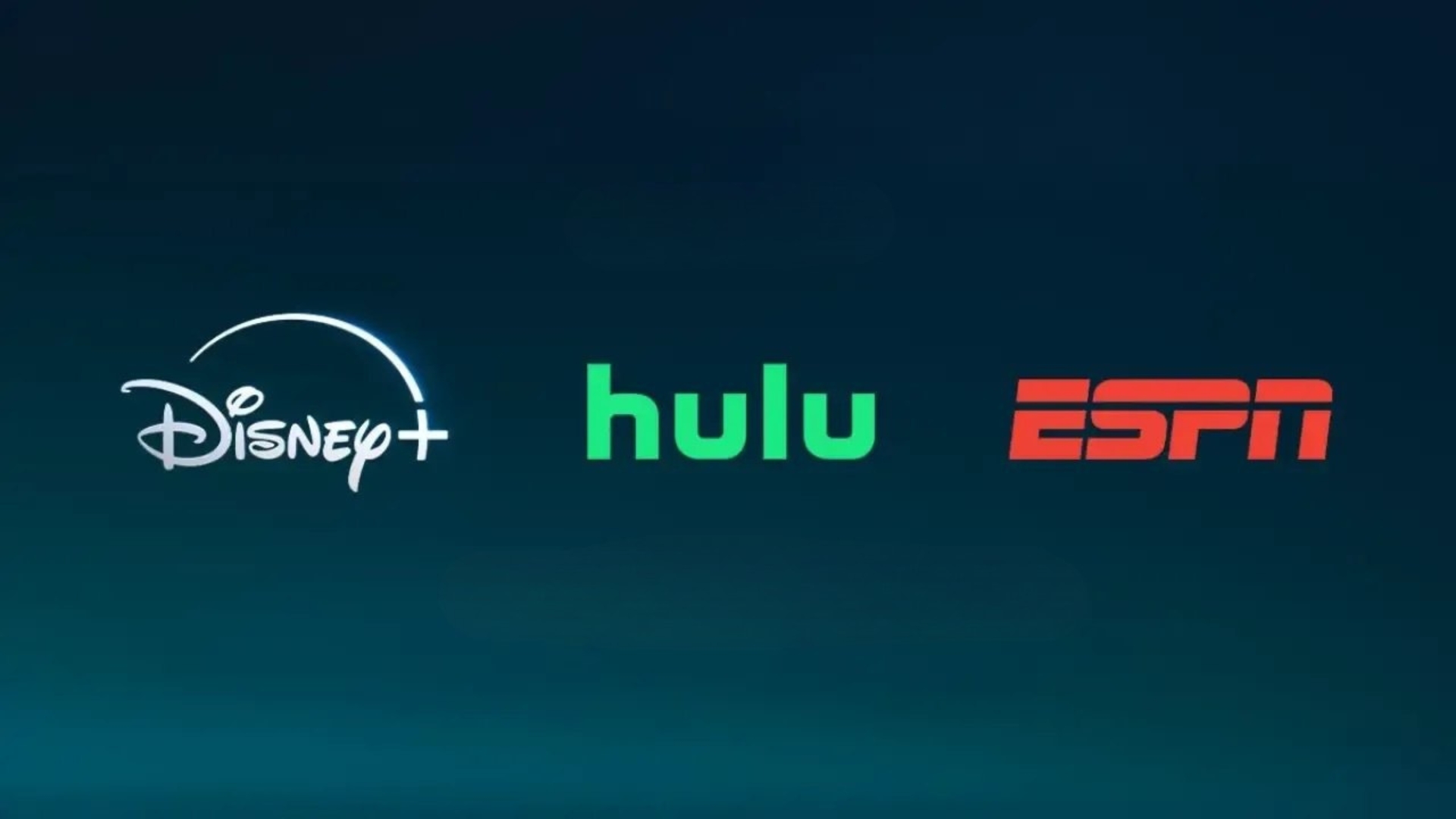Another group of investors has sued The Walt Disney Company over reports that were made during the tenure of then Disney CEO Bob Chapek. The suit alleges that Disney lied about losses incurred by Disney+, it’s streaming service. It says that this was done to make it look like Disney+ would achieve its goal of being profitable by the end of 2024.
The investor lawsuit says that Disney had a scheme to “inappropriately shift costs” by debuting titles that first aired on Disney+ on traditional linear television. This then allowed for the movement of marketing and production costs. The complaint was filed on August 23 in California federal court. This is the third known lawsuit that accuses Disney of the same “cost-shifting scheme.” It also accuses the company of a scheme to obstruct a deal between TSG Entertainment Finance and 20th Century Studios, which Disney owns, to “prop up” Disney+ and inflate its stock price.
The lawsuit says that executives also worked to hide expenses and how difficult it was to continue to maintain subscriber growth. This came as Disney incurred “staggering costs” to create content for the streaming service. Former Disney CEO Bob Chapek, content executive Kareem Daniel, and former CFO Christine McCarthy decided to air The Mysterious Benedict Society and Doogie Kameāloha, M.D. on the Disney Channel to make the streaming service look more successful than it actually was.
“Disney+ has exceeded our wildest expectations with 86.8 million subscribers as of December 2” and that the “success” of the platform has “bolstered our confidence in our continued acceleration towards a DTC-first business model,” Bob Chapek said in December 2020. Chapek repeatedly said that Disney+ would be profitable by the end of 2024. This forecast an “astounding three-fold increase from prior estimates without any degradation in expected profitability for the segment,” the lawsuit says.
The picture did not continue to be that rosey, however. In 2021, subscriber growth began to slow. The following year Disney reported that it had missed anylist estimates by wide margins. This happened in revenue, sales, and earnings. The 4th quarter of 2022 saw Disney’s Direct to Consumer businesses see a loss of $1.47 billion, up from a $630 million loss the previous year during the same quarter. This led to Disney’s stock plummeting by 13%.
“The Company also reported a decline in its average revenue per Disney+ subscriber, as more customers subscribed through a discounted bundle with the Company’s other services,” the lawsuit complains. “Notably, the bundled offering made up about 40% of domestic subscribers, confirming that Disney was relying on short-term promotional efforts to boost subscriber growth while impairing the platform’s long-term profitability.”
After the pandemic struck shortly after the launch of Disney+, the streaming service saw stronger than expected growth. This led to then Disney CEO Bob Chapek to go “all in” on streaming. This led to a fairly substantial restructuring of the company and a“dramatic departure from Disney’s historical reporting structure and was hugely controversial within the Company because it took power away from creative content-focused executives and centralized it in a new reporting group” led by Kareem Daniel.
“With this new structure, Chapek removed budgetary and distribution control from the heads of Disney’s content groups (much to their dismay) and placed control in the hands of DMED’s new Chairman, defendant Daniel, who reported directly to his long-time mentor Chapek,” states the lawsuit, which also notes that the duo “exerted near complete control over the Company’s strategic decisions around content.”
The new structure was done away with when former and now current Disney CEO Bob Iger returned to the company. Iger is also listed in this lawsuit. Iger saw that creative decisions were moved back into the hands of creatives. This included distribution decisions. Iger has made it quite clear that he feels this is essential for the future success of the company. This has been noted in the lawsuit as well as evidence against Chapek.
Disney has not commented on this new lawsuit, and most likely won’t. What do you think of this lawsuit? Do you think it is valid? Share your thoughts and opinions in the comments below!






